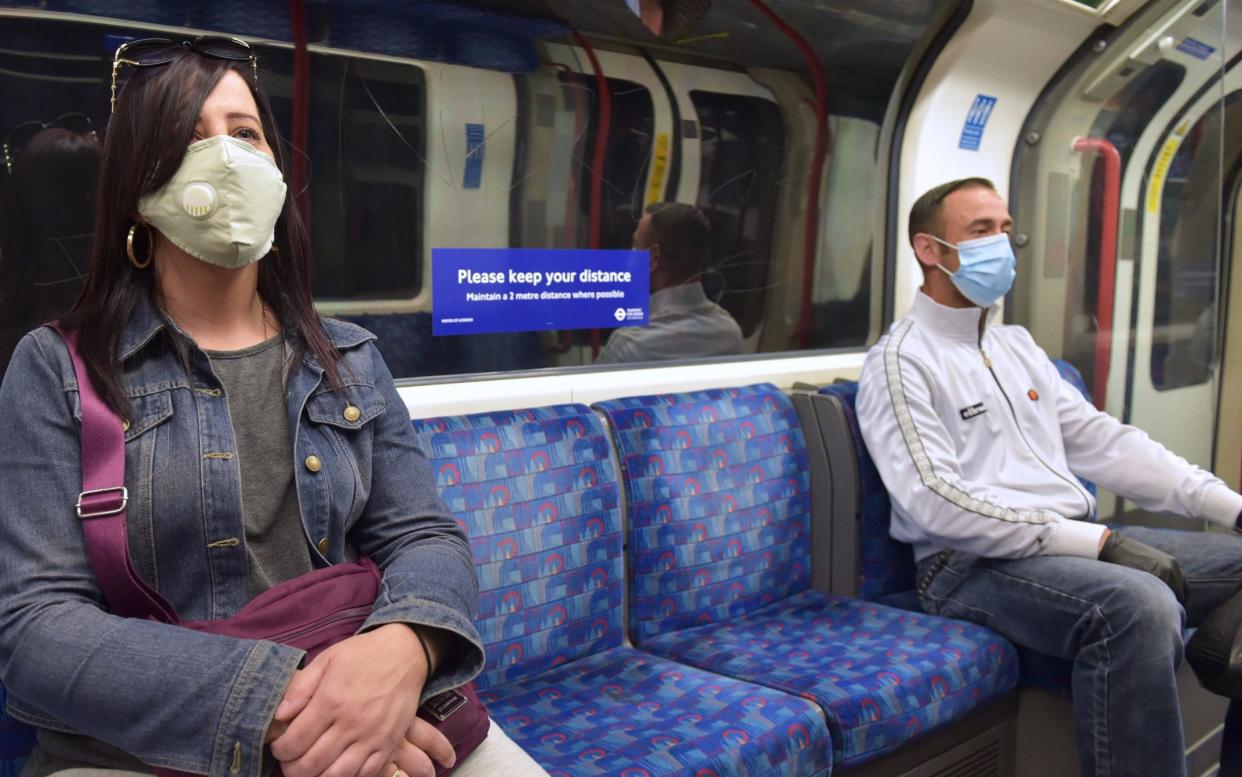Coronavirus lockdown: Are you in the 'trusting', 'dissenting' or 'frustrated' tribe?

The country is dividing into tribes of 'the trusting', 'the dissenting' and 'the frustrated' as lockdown eases, an analysis has revealed.
Factions are forming in the population, each with a distinct level of fear of Covid-19 and degree of faith in the Government to handle the coronavirus pandemic, New King's College London researchers have concluded.
While people are equally split between the 'trusting' and 'dissenting' groups (38 per cent each), 24 per cent are part of the 'frustrated' tribe, their analysis of an Ipsos MORI survey of more than 2,000 UK residents reveals.
These emerging schools of thought are underpinned by whether people vote Labour or Conservative, and if they are Brexiteers or Remainers, say the researchers.
The 'trusting' group are mainly Brexit-supporting Conservative voters who are concerned about the health impacts of the virus and are most likely to trust the Government's decisions on exiting lockdown..
The majority support the relaxation measures announced so far and think the authorities are doing a good job of protecting the public from the virus, but they still worry about restrictions being lifted too quickly.
In contrast, the 'dissenting' tribe are primarily Labour-voting Remainers who are the most worried about health risks. They are also the most critical of the Government's response to the virus and have the least faith in it handling it well.
Just four per cent think the Government has done a good job of protecting people from Covid-19, and 90 per cent think the lockdown is being lifted too quickly.
Meanwhile, the 'frustrated' tribe are similar to the 'trusting' in that they are mainly Conservatives who voted for Brexit, but when it comes to health risks they are far less concerned and are eager for restrictions to be lifted more quickly.
They are the group most likely to be negatively impacted by the lockdown in terms of employment and finances, and think the dissenters are exaggerating the threat posed by the virus.
Dr Daniel Allington, senior lecturer in Social and Cultural Artificial Intelligence at King’s College London, said: “The size of the trusting group shows that many people will follow the Government’s lead even if they are personally afraid.
"But as the social costs of lockdown continue to grow and a vaccine remains a distant hope, it will become more and more difficult to choose between the contradictory demands of the dissenting and the frustrated.”
Professor Bobby Duffy, director of the Policy Institute at King’s College London, added: “We went into the lockdown incredibly unified, with nine in 10 of the public supporting the measures – but we’re becoming much more divided on the way out. In particular, our views are now aligning much more clearly with our underlying political identities.
"The trusting are putting their faith in the Government, the dissenting very clearly are not, with only 4 per cent thinking the Government has done a good job.
“The frustrated are quite different, with a much clearer view that we’re relaxing the restrictions too slowly. This seems to be driven by a much greater focus on the economic impacts, and in turn, a high number of this group are already suffering from financial and other impacts from the lockdown.”

 Yahoo News
Yahoo News 
